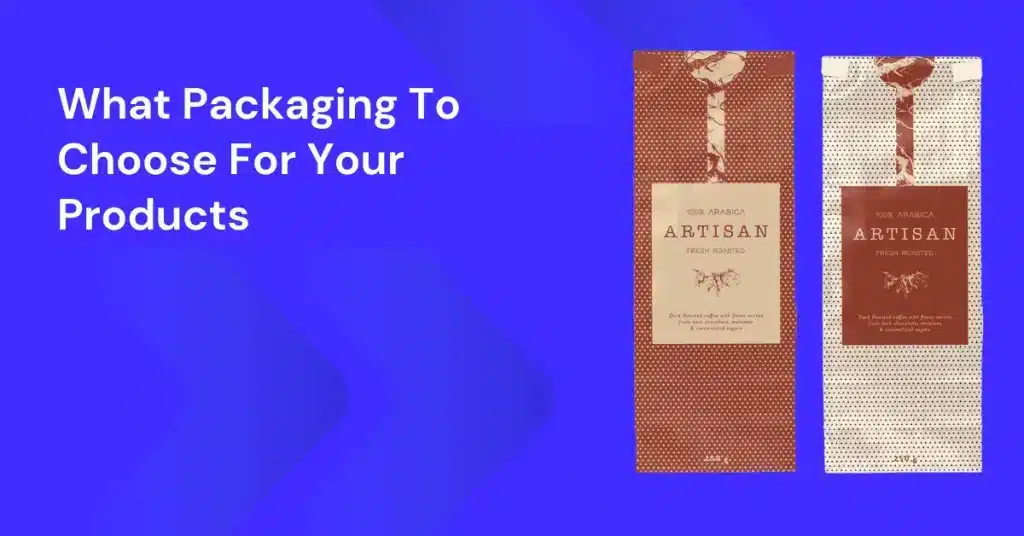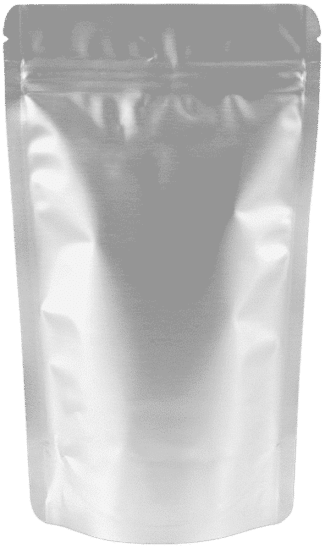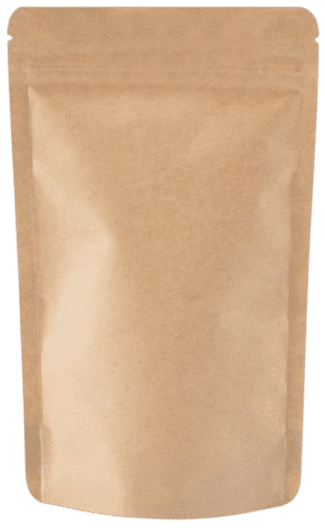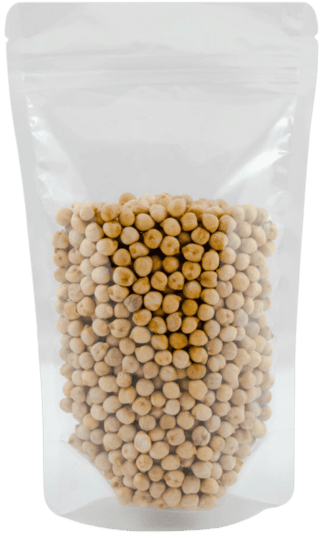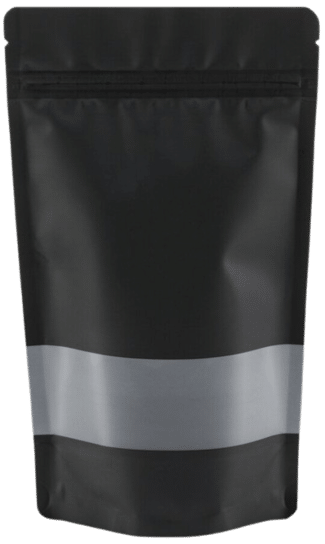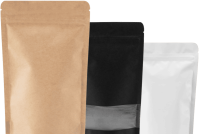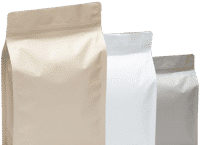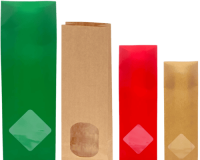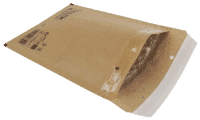Factors to Consider When Selecting Box Packaging
Choosing the right box packaging for your product is crucial for protecting it, reducing costs, and enhancing customer satisfaction. Several factors should guide your decision-making process, including the nature of your product, shipping requirements, and brand identity.
Understanding Your Product
The first step is to analyze the specific needs of your product. Consider its size, weight, fragility, and any special storage conditions it may require. For example, fragile items need extra cushioning, while perishable goods might require insulation.
Shipping and Handling
The journey your product takes from your warehouse to the customer’s hands can be rough. Choose packaging that can withstand handling, transportation, and environmental factors. Durable materials and secure closures are essential to prevent damage during transit.

Branding and Customer Experience
Your packaging is often the first physical touchpoint between your brand and the customer. It should reflect your brand values and aesthetics. Custom designs, colors, and logos can enhance the unboxing experience and leave a lasting impression.
Comparing Different Types of Box Materials – Which Packaging to Choose
Different materials offer various levels of protection, cost, and environmental impact. Here’s a comparison of some common box materials:
Corrugated Cardboard Boxes
Corrugated cardboard is a popular choice for its strength, versatility, and recyclability. It’s suitable for a wide range of products and provides excellent protection during shipping.

Rigid Boxes
Rigid boxes are known for their sturdiness and premium feel. They are often used for high-end products, providing a luxurious unboxing experience.
Folding Cartons
Folding cartons are lightweight and cost-effective. They are ideal for retail packaging and can be easily customized with various printing options.
Sustainable Materials
Sustainable packaging materials, such as recycled cardboard or biodegradable plastics, are becoming increasingly popular. These materials help reduce environmental impact and appeal to eco-conscious consumers.
Custom vs. Standard Box Packaging
Deciding between custom and standard box packaging depends on your specific needs and budget. Both options have their advantages and disadvantages. Configure your custom shipping and product boxes with 22pack and decide which packaging to choose for your product.
Custom Box Packaging
Custom packaging is tailored to your product’s dimensions and branding requirements. It offers a perfect fit, enhancing protection and presentation. However, it can be more expensive and may require longer lead times.
- Perfect fit for your product
- Enhanced brand identity and unboxing experience
- Higher cost and longer production time
Standard Box Packaging
Standard packaging options are pre-made and available in various sizes. They are cost-effective and readily available, making them ideal for businesses looking for quick and affordable solutions.
- Cost-effective and readily available
- Less customization options
- May require additional padding or void fill for a secure fit
Conclusion
Choosing the right box packaging for your product involves balancing several factors, including protection, cost, and branding. By understanding your product’s needs, comparing different materials, and weighing the pros and cons of custom versus standard packaging, you can make an informed decision that benefits both your business and your customers.

